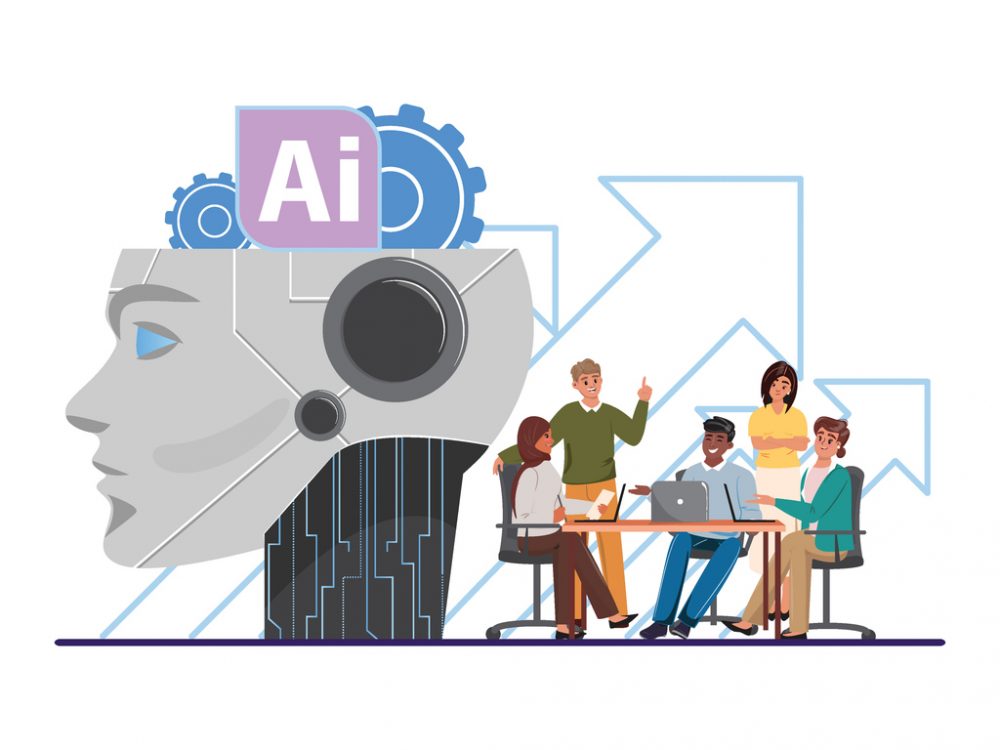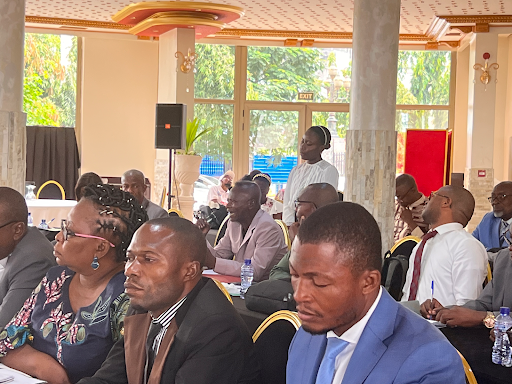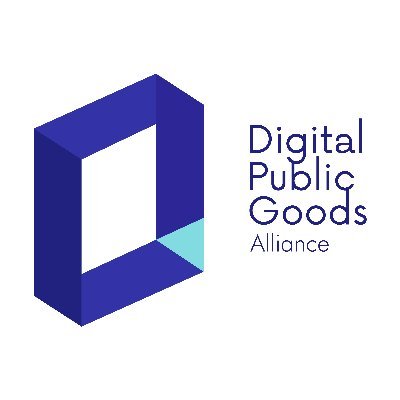Working Within Complex Systems
Reboot recently released a report expounding on “How the Governance Data Community can Understand Users and Influence Government Decisions.” The report contains a lot of words of wisdom regarding how to approach increasing the use of governance data among government users. One of the key points I appreciated was the finding that, “stereotypes of slow and impenetrable bureaucracies clashing with agile, technology-centered ways was working, result in biases against working with the government.”
I have witnessed this kind of attitude within some (though not all) of the governance community, which has always begged the question in my mind of how does one plan on influencing government decision making if you don’t engage, don’t seek to understand, and don’t build those all important relationships within government.
As a backup to this report is a post by Will Allen on the difference between handling complicated versus complex systems. Governance is a complex system (based on relationships, their properties of self-organization, interconnectedness and evolution) and thus must be handled, as the post outlines, through:
- Relationship building (working with patterns of interaction);
- Sense making (collective interpretation);
- Loose coupling (support communities of practice and add more degrees of freedom;
- Learning (act/learn/plan at the same time) and;
- Notice emergent directions (building on what works).
Because we are dealing with data we might think we are dealing with a “complicated” system, one where we have “a relatively high degree of certainty of outcome repetition” and thus might try to handle it as such through what the author outlines as:
- Role defining (setting job and task descriptions);
- Decision making (find the ‘best’ choice);
- Tight structuring (use chain of command and prioritize or limit simple actions);
- Knowing (decide and tell others what to do) or;
- Staying the course (align and maintain focus).
However, this ignores the fact that the outcome we really want is for the data to change a complex system of government, which is quite, well…complex.
Of course, this doesn’t mean we have to start completely from scratch every time when working with governance data. As Josh Powell noted in his post “What’s next for U.S. Government aid transparency? Data quality for data use” no matter where you go, poor quality of data is going to mean it’s not very useful, and therefore, isn’t likely to be used.
This process is applicable to any ICT project where the desired outcome is for a change within communities, governments or organizations. As noted during the Technology Salon focused on “The role of Information and Communication Technologies (ICTs) in Public Consultation,” we see that “technology increases scale, but limits opportunities for empathy, listening, and learning.” Since complex systems are relationship and learning based, an IT solution cannot be the only solution. They are most useful when they can increase opportunities for actual relationship building but can’t replace it.
This piece was originally posted on the First Tranche. Image from Senegal D-Portal
Share This Post
Related from our library

Beyond Kigali: Where Does Africa Go from Here with AI?
As the AI momentum builds, Development Gateway is asking different questions: where the data comes from, how reliable it is, how legacy systems will supply usable data, and whether governments have the capacity to govern and trust the AI tools they’re being urged to adopt.

Stakeholder, Where Art Thou?: Three Insights on Using Governance Structures to Foster Stakeholder Engagement
Through our Tobacco Control Data Initiative (TCDI) program and its sister program Data on Youth and Tobacco in Africa (DaYTA), we have learned that creating governance structures, such as advisory boards or steering committees, is one approach to ensuring that digital solutions appropriately meet stakeholders’ needs and foster future stakeholder engagement. In this blog, we explore three insights on how governance structures can advance buy-in with individual stakeholders while connecting them to one another.

DG’s Open Contracting Portal Designated as a Digital Public Good
Digital Public Goods Alliance designated DG’s Open Contracting Portal as a digital public good in September 2022. The Portal provides procurement analytics that can be used to improve procurement efficiency and, in turn, reduce corruption and increase impact.